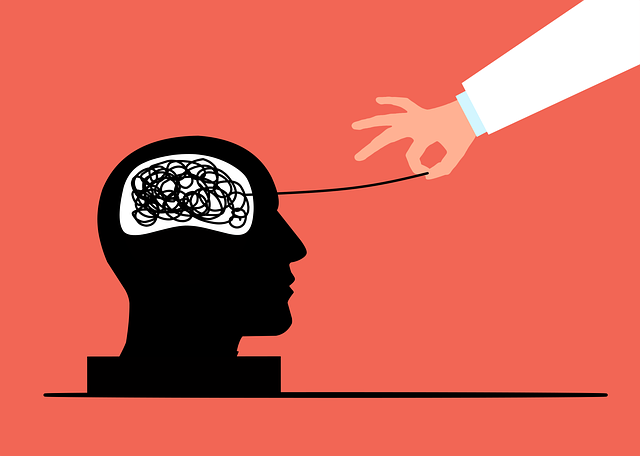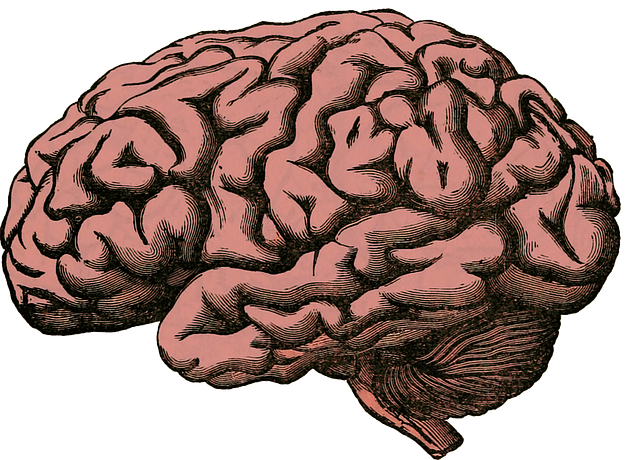Codependency, a complex mental health issue often misunderstood as reliance, deeply impacts anxiety levels. Superior Codependency Therapy (SCT) focuses on imbalanced relationships rooted in early life experiences, teaching clients healthy boundaries, assertiveness, and self-care to reduce anxiety symptoms. Cognitive Behavioral Therapy (CBT), the go-to codependency therapy, helps individuals recognize and alter negative thought patterns, promoting proactive mental health management and resilience-building skills. Complementary techniques like SCT and mindfulness practices further enhance anxiety management by addressing underlying dynamics and normalizing experiences in mental illness stigma reduction efforts.
Anxiety can be a debilitating force, but managing it effectively is achievable. This article delves into powerful strategies for tackling anxiety, with a particular focus on codependency and its impact. We explore Cognitive Behavioral Therapy (CBT) as a superior codependency therapy, offering insights into how it helps individuals overcome their fears and regain control. Additionally, we present complementary techniques to enhance CBT’s effectiveness, providing a comprehensive guide to superior anxiety management.
- Understanding Codependency and Its Impact on Anxiety
- Cognitive Behavioral Therapy (CBT): A Powerful Tool for Overcoming Codependency and Managing Anxiety
- Additional Techniques to Complement CBT for Effective Anxiety Management
Understanding Codependency and Its Impact on Anxiety

Codependency, often misunderstood as an excessive reliance on others, is a complex dynamic that can significantly impact mental health, particularly anxiety levels. In the context of Superior Codependency Therapy, understanding this relationship is crucial for effective treatment. When individuals struggle with codependency, they may find themselves in imbalanced relationships where their emotional needs are not met, leading to heightened anxiety and a distorted sense of self-worth. This condition can stem from early life experiences and manifest as a coping mechanism for dealing with emotional pain or instability.
By recognizing codependent behaviors, individuals can begin the process of healing and building resilience. Superior Codependency Therapy focuses on helping clients develop healthy boundaries, assertiveness, and self-care practices to reduce anxiety symptoms associated with these unhealthy relationship patterns. Additionally, mental health education programs designed to address codependency can empower individuals to manage their emotions effectively, foster better communication, and enhance overall well-being, thereby preventing depression and promoting a more stable mental state.
Cognitive Behavioral Therapy (CBT): A Powerful Tool for Overcoming Codependency and Managing Anxiety

Cognitive Behavioral Therapy (CBT) is recognized as a superior codependency therapy, offering individuals a powerful toolkit to overcome their anxiety and develop healthier coping mechanisms. At its core, CBT focuses on identifying and challenging negative thought patterns that contribute to feelings of unease and fear. By understanding the connection between thoughts, emotions, and behaviors, individuals can learn to manage and change their reactions to stressful situations. This therapy encourages self-reflection, empowering clients to take charge of their mental health.
Through CBT, patients acquire valuable resilience building and coping skills development techniques. They are taught to recognize unhelpful thought distortions, replace them with more realistic and positive ones, and engage in activities that foster self-care practices. By breaking free from the cycle of anxious thoughts, individuals can develop a stronger sense of control over their emotions and behaviors, leading to improved overall well-being.
Additional Techniques to Complement CBT for Effective Anxiety Management

In addition to Cognitive Behavioral Therapy (CBT), which remains a cornerstone in anxiety management, several complementary techniques can significantly enhance treatment outcomes. One such approach gaining traction is Superior Codependency Therapy (SCT). SCT focuses on addressing underlying codependent behaviors and relationships that often contribute to heightened anxiety. By exploring these dynamics, individuals can develop healthier attachment styles, fostering improved self-worth and resilience against anxious thoughts.
Integrating mindfulness practices into CBT further enriches anxiety management strategies. Mindfulness meditation encourages individuals to stay present, non-judgmentally observing anxious sensations without reacting. This technique not only reduces the intensity of anxiety symptoms but also promotes mental wellness and depression prevention by fostering a sense of calm and emotional regulation. Moreover, engaging in these practices contributes to Mental Illness Stigma Reduction Efforts by normalizing experiences and cultivating empathy within communities.
Anxiety management is a multifaceted approach, especially when addressing codependency. By understanding the complex interplay between codependent behaviors and anxiety, individuals can begin to unravel this cycle. Cognitive Behavioral Therapy (CBT) emerges as a superior codependency therapy, empowering people to challenge negative thought patterns and gain control over their emotions. Combining CBT with additional techniques like mindfulness meditation and deep breathing exercises offers a comprehensive strategy for effective anxiety management. Through these methods, folks can navigate the challenges of codependency and cultivate a healthier, more balanced mindset.












